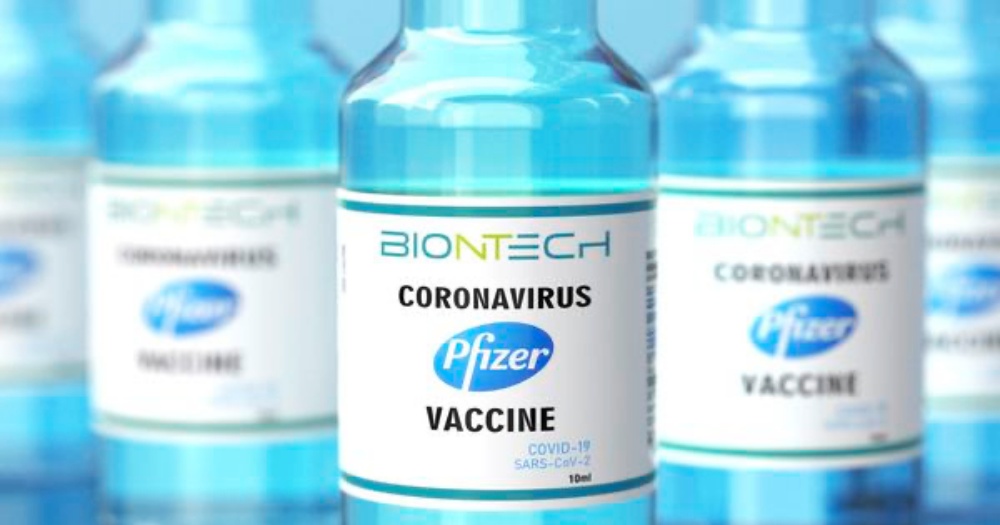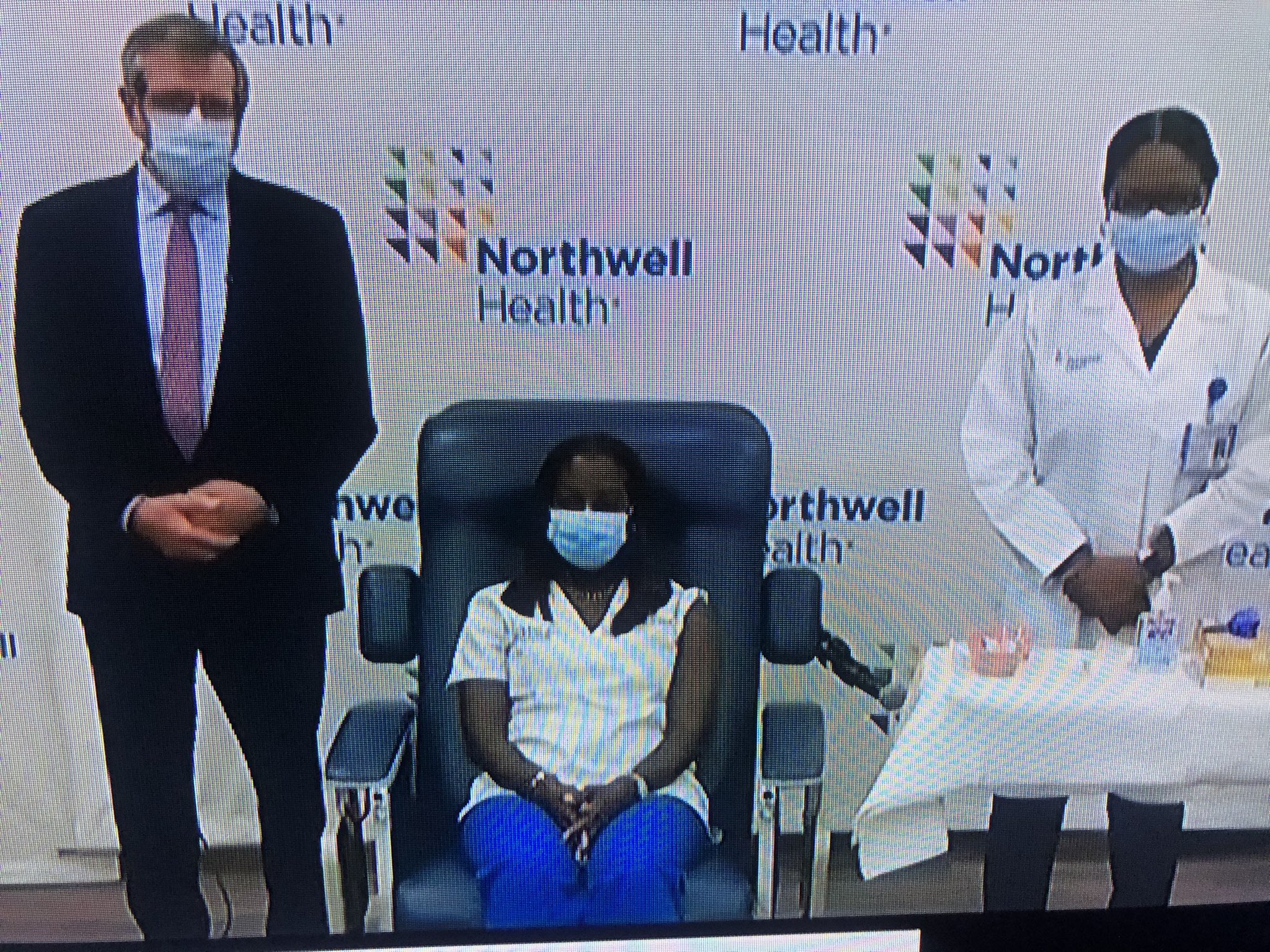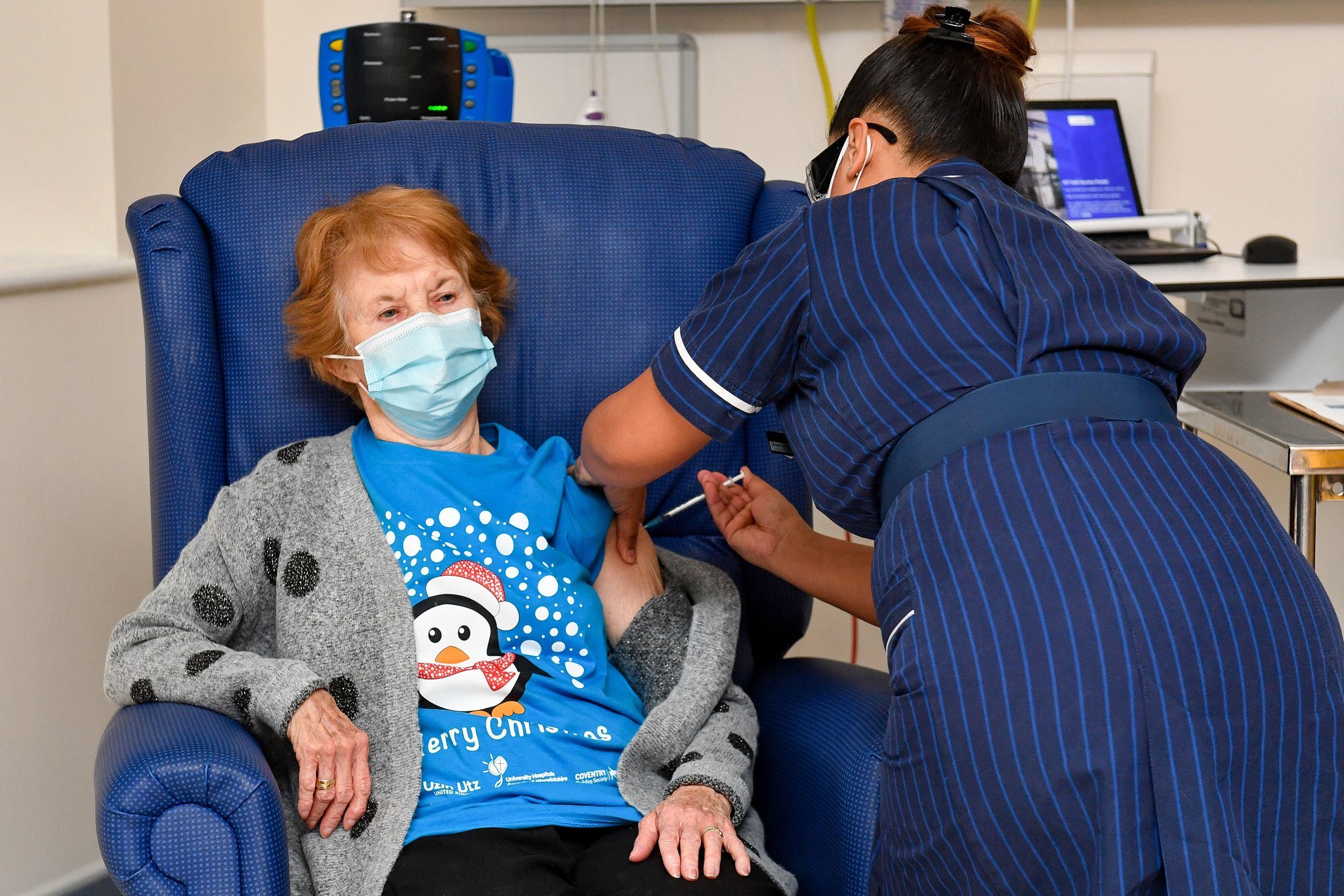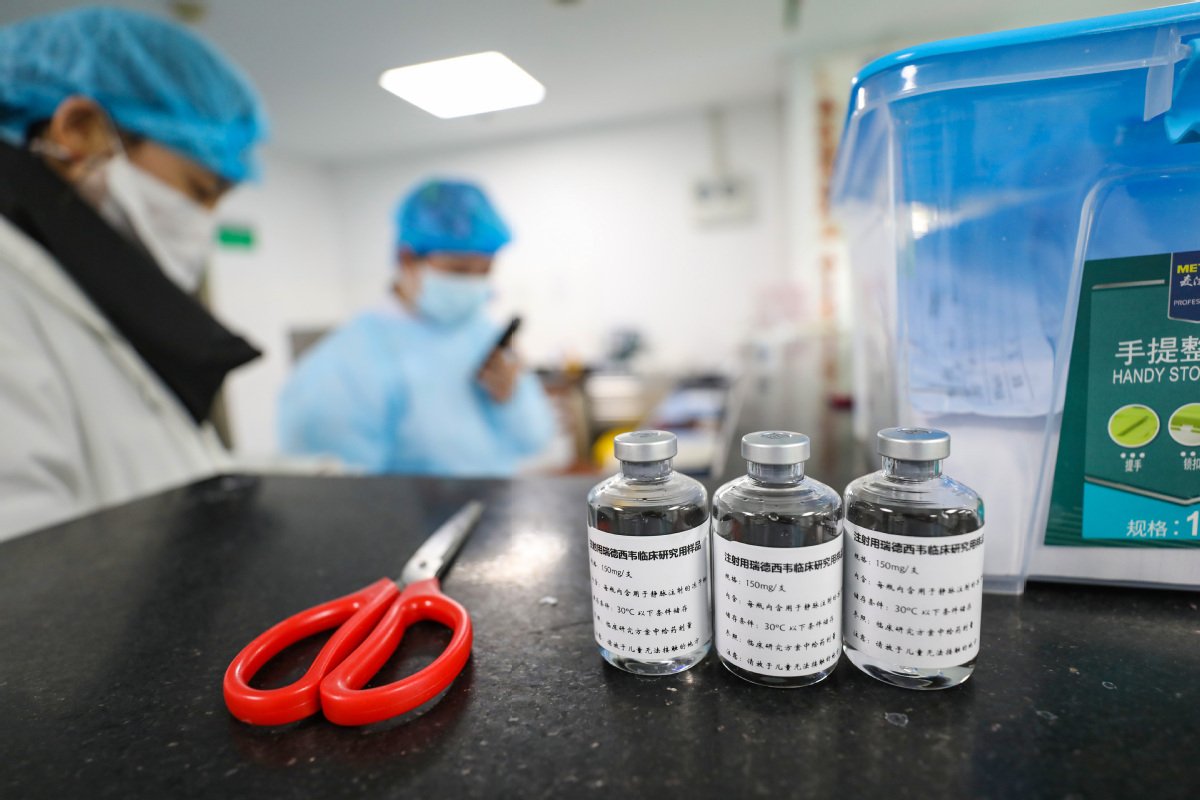The Federal Government has assured that Nigerians will receive the coronavirus vaccine by January 2021.
The Minister of Health, Osagie Ehanire, made the revelation at the end of Wednesday’s Federal Executive Council (FEC) meeting.
He said a technical working group in the ministry is working on which vaccine will best suit Nigeria, considering that the country has no -80 degrees freezers.
“A technical working group is working on the question on vaccine. We have signed up with the World Health Organisation and the GAVI Alliance (formerly the Global Alliance for Vaccines and Immunisation) for access to vaccines immediately they are available,” Ehanire said.
“But you know that these vaccines are new and are in packets and the producers are not giving any indemnity. These countries where these vaccines are manufactured, have of course, given themselves the priority to serve themselves, serve their own citizens first and we hope that the pressure from the World Health Organisation and GAVI will be able to get reserves for other countries that are not manufacturing and they will be able to attend to what will signed up to.
“We signed up for advanced market participation in COVAX. So, if we will be able to get our own, I think it will be in January. But there are two types of vaccines. There are those that have to be in ultra deep freezers – the MRA type of vaccines. That is the freezer that must give you Minus 80 percent type of degree.
“There is another type that has to be in the deep freezer of Minus 20 degree which is a deep freezer and there is another type that can be in minus two degree refrigerators. This is the regular refrigerator. The one that will be in regulator refrigerators is easy. We have them here.
“The one that will be in Minus 20 refrigerators is also going to be possible because we also have the freezers here but the one that will be in ultra cold freezers, we hardly have ultra cold freezers in this country and to receive and store in those ultra cold freezers will require that you purchase the ultra cold freezers.
“So, we are working on the cost. Which one shall we get first? Obviously the one we can afford. Remember that we have 200 million citizens. We need to have a way to be able to get enough to be able to take care of our citizens. So, that means we must be able to get the vaccines that work well, with good cost of storage and cost of delivery. That is the one we will like to get as soon as they are available.”
Ehanire also said council approved setting up of modern and comprehensive cancer treatment centers in Maiduguri and to improve NAFDAC’s mobility, approved the purchase of more vehicles for them as well as some specialized pain killers in order to make them more available for use in the country.






